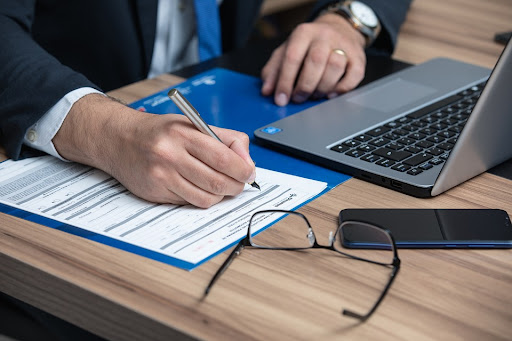If you're reading this, then it's likely that you or someone close to you is in need of legal assistance. The legal world can be difficult to navigate, especially if this is your first time dealing with the law. In this article, we will discuss some of the basics of navigating the legal world. We will cover topics such as finding a lawyer, understanding court proceedings, and what to do if you find yourself in legal trouble.
Case Evaluation Tools
If you're looking for legal help, one of the best things you can do is to use an online case evaluation tool. These tools allow you to get a free consultation with a lawyer, and they can be a great way to get started on your legal case. There are many different case evaluation tools online, so it's important to do your research and find the tool that is right for you. The folks at TruLaw note that when using a case evaluation tool, be sure to provide as much information as possible. The more information you can provide, the better chance you have of getting the right help. Be sure to include information such as your name, contact information, the type of legal assistance you need, and any other relevant information.
Finding A Lawyer
If you need to find a lawyer, there are a few different ways you can go about it. You can ask for recommendations from friends or family members, you can search online, or you can contact your local bar association. Once you've compiled a list of potential lawyers, be sure to do your research and read reviews before making your final decision. It's also important to make sure that the lawyer you choose is licensed to practice in your state. When meeting with a potential lawyer, be sure to ask questions about their experience, their success rate, and how they will handle your case. You should also inquire about their fee structure and whether or not they offer a free consultation.
Understanding Court Proceedings
If you're involved in a court case, it's important to have a basic understanding of the court system. This will allow you to know what to expect and help you prepare for your case. In the United States, there are two different types of courts: state courts and federal courts. State courts deal with matters such as divorce, child custody, and traffic violations. Federal courts deal with more serious matters such as terrorism and drug trafficking. If you're involved in a state court case, you will likely appear in front of a judge. If you're involved in a federal court case, you will likely appear in front of a jury. It's important to note that if you're found guilty in a federal court case, you could face more severe penalties than if you were found guilty in a state court case.
If you find yourself in legal trouble, the best thing you can do is to contact a lawyer as soon as possible. A lawyer will be able to advise you on your legal rights and help you navigate the legal system. If you don't have a lawyer, there are many resources available to help you find one.



No comments:
Post a Comment
Please Leave a Comment to show some Love ~ Thanks